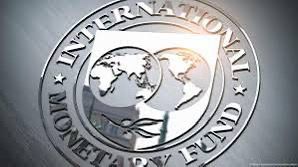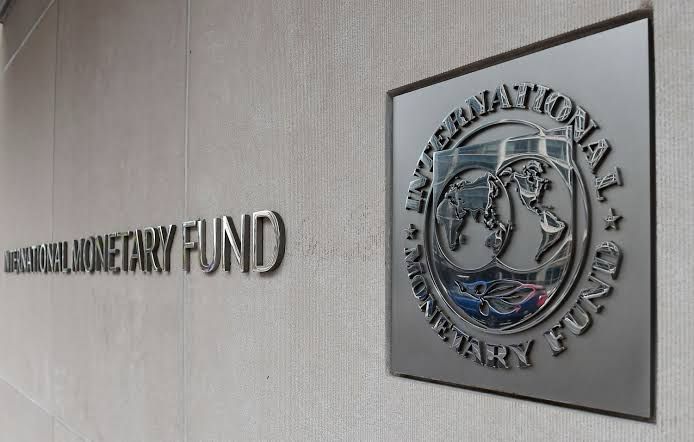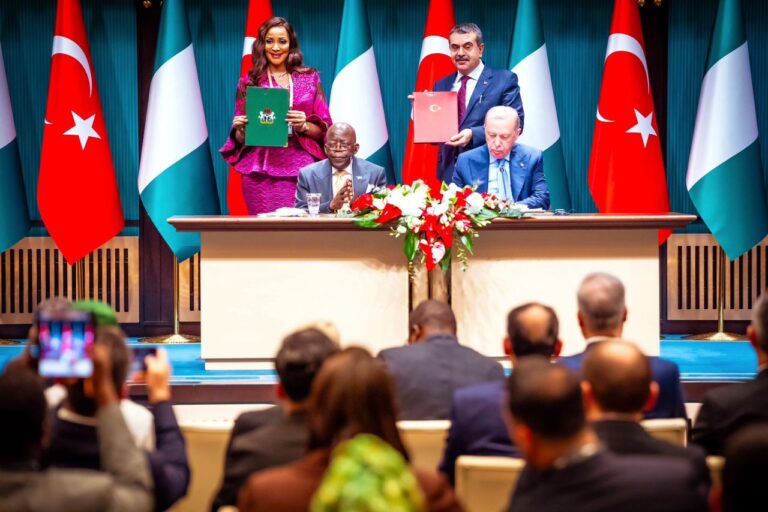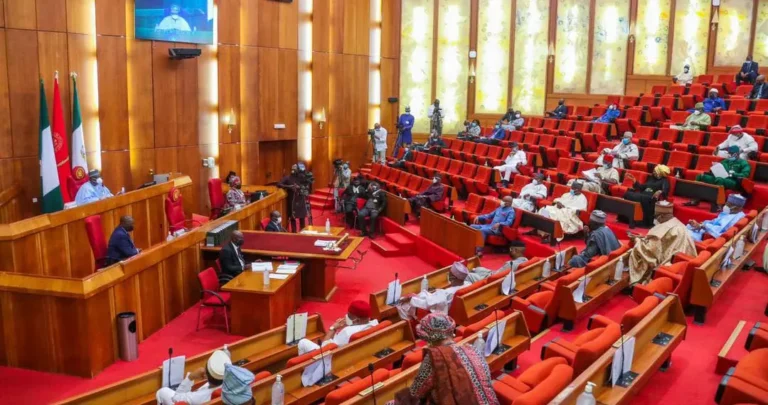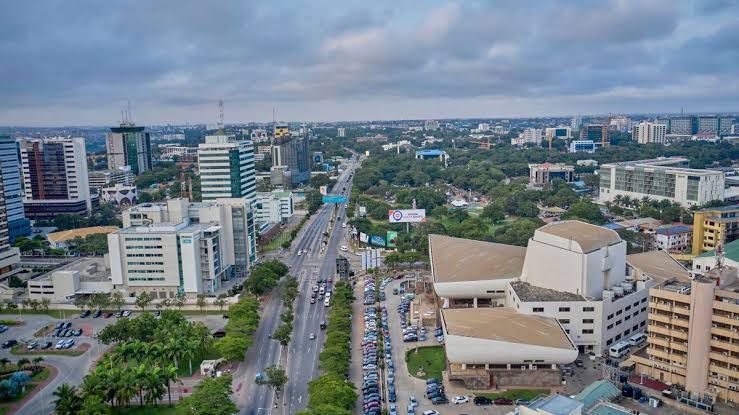Results from the international monetary fund (IMF) assessment of Nigeria’s macroeconomic conditions says the country is firmly on the right path to successive economic growth and progress— citing the implementations of the Nigeria’s ‘bold economic reforms’ bearing good fruit. Mr. Wale Edun Honorable minister of finance and coordinating minister of the Nigerian economy who has been spearheading the country’s ‘bold economic reforms’—specifically, the fiscal policies hails the IMF for the strategic assessment.
In April the IMF carried out extensive consultations to assess the macroeconomic conditions of Nigeria titled “Article IV”, since the implementation of the ‘bold economic reforms’ being carried out by the president Bola Tinubu led administration two years ago; few months after the economic consultations, IMF released the outcome of their assessment today–stating that Nigeria is currently on the right path to economic recovery and sustainability, attributing success to the ‘controversial’ bold economic policies.
The IMF executive directors noted that these bold reforms which include: removal of the costly fuel subsidy, halting monetary financing of the fiscal deficit and the removal of subsidies for exchange rate, has significantly strengthened Investor confidence, helping Nigeria successfully tap the Eurobond market and leading to a resumption of portfolio inflows. At the same time, poverty and food insecurity have risen, and the government is now focused on raising growth.
Also a fresh report from the federal ministry of finance, noted that the Honorable Minister, who has been tackling fiscal reforms head-on expressed appreciation to the IMF support for the ongoing economic reforms and the significant improvements achieved over the past two years. The economic reforms although controversial has given the nation a new face contributing significantly to the improvement of the country’s fiscal and external positions which were on the down side pre bold economic policies.
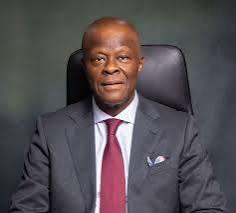
However, the Executive directors noted that Nigeria growth accelerated to 3.4 percent in 2024, driven mainly by increased hydrocarbon output and vibrant services sector. Agriculture remained subdued, owing to security challenges and sliding productivity. Real GDP is expected to expand by 3.4 percent in 2025, supported by the new domestic refinery, higher oil production and robust services. Against a complex and uncertain external environment, medium-term growth is projected to hover around 3½ percent, supported by domestic reform gains.
Gross and net international reserves increased in 2024, with a strong current account surplus and improved portfolio inflows. Reforms to the fx market and foreign exchange interventions have brought stability to the Naira.

Furthermore, Naira stabilization and improvements in food production brought inflation to 23.7 percent year-on-year in April 2025 from 31 percent annual average in 2024. Inflation should decline further in the medium-term with continued tight macroeconomic policies and a projected easing of retail fuel prices.
Mr. Wale Edun appreciated the IMF for recognizing the strategic advancement that has evolved in Nigeria agricultural sector; which has led to significant increase in food production beating down the country’s food inflation to 21.4% from 26.08% in the beginning of this year.
Watch-out for downside risks
However, while Nigeria’s macroeconomic conditions have significantly improved, there’re stumbling blocks to lookout for. The executive directors emphasized that a further decline in oil prices or increase in financing costs would adversely affect growth, fiscal and external positions, undermine financial stability and exacerbate exchange rate pressures and deterioration of security could impact growth and food insecurity.
The IMF executives emphasized the importance of agile policy making to safeguard and enhance macroeconomic stability, creating enabling conditions to boost growth, and reducing poverty.

Also applauds the Central Bank of Nigeria for appropriately maintaining a tight monetary policy stance, which should continue until disinflation becomes entrenched. They welcomed the discontinuation of deficit monetization and ongoing efforts to strengthen central bank governance to set the institutional foundation for inflation targeting while building reserves and supporting market confidence and praised reforms to the foreign exchange market that supported price discovery and liquidity. The directors called for implementation of a robust foreign exchange intervention framework focused on containing excess volatility, stressing that the exchange rate is an important shock absorber.
IMF also called for a neutral fiscal stance to safeguard macroeconomic stabilization with priority given to investments that enhance growth while clamoring for acceleration in the delivery of cash transfers to assist the poor. They commended the authorities on advancing the tax reform bill, an important step towards enhancing revenue mobilization and creating fiscal space for development spending, while preserving debt sustainability.
Lifting and sustaining Nigeria’s growth outlook, improving food security, and reducing fragility, IMF Directors highlighted the importance of tackling security, red tape, agricultural productivity, infrastructure gaps, including boosting electricity supply, as well as improved health and education spending, and making the economy more resilient to climate events. However in response to downside risks situation the finance minister noted that the implementation of the 2025 Budget is being carried out with a focus on safeguarding reform gains and ensuring economic stability. The ministry report pointed that the government will continue to monitor developments in the international oil market and global trade environment, and is currently taking responsive measures to mitigate potential risks, while maintaining momentum toward inclusive growth to benefit all Nigerians.



